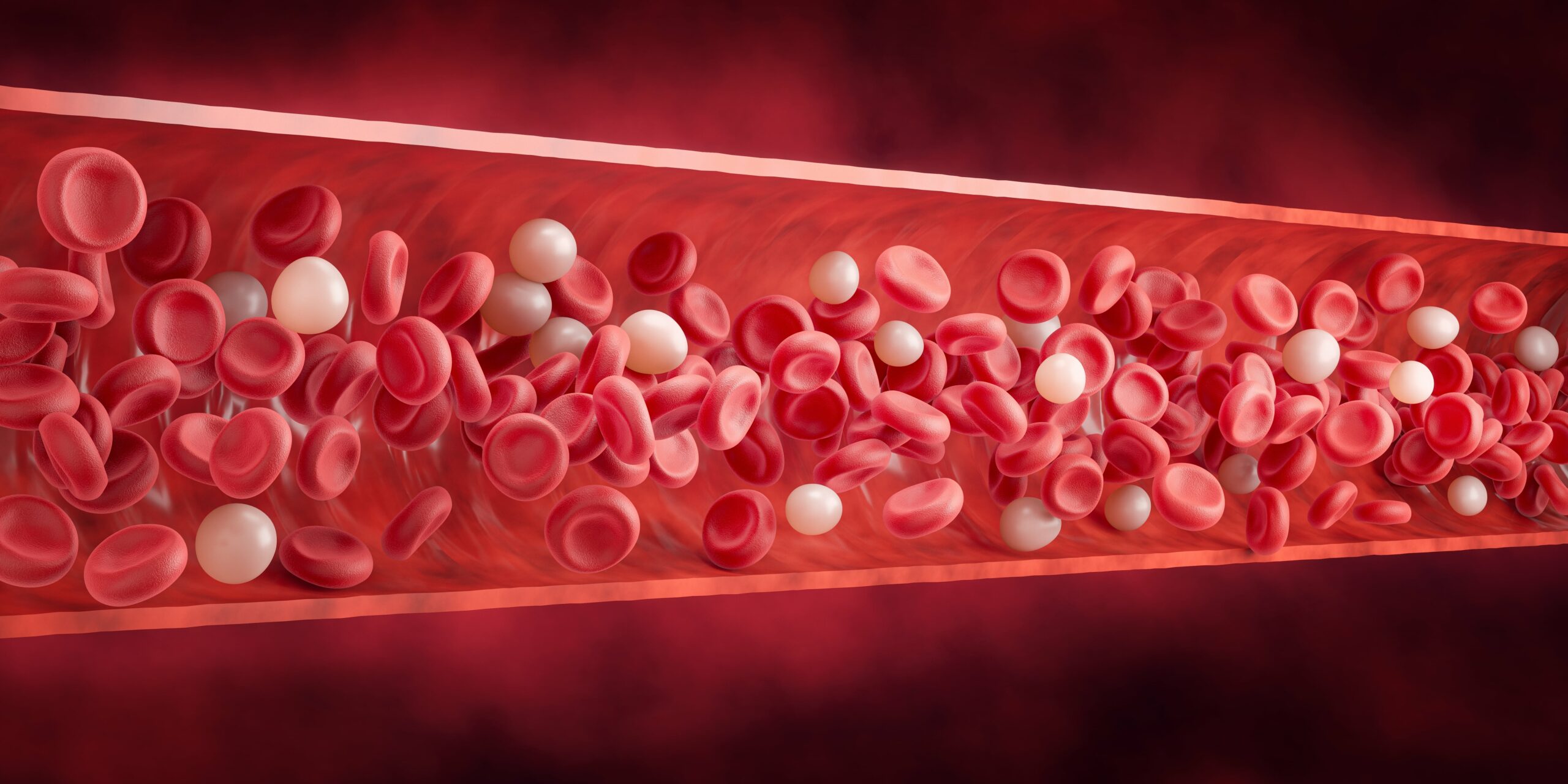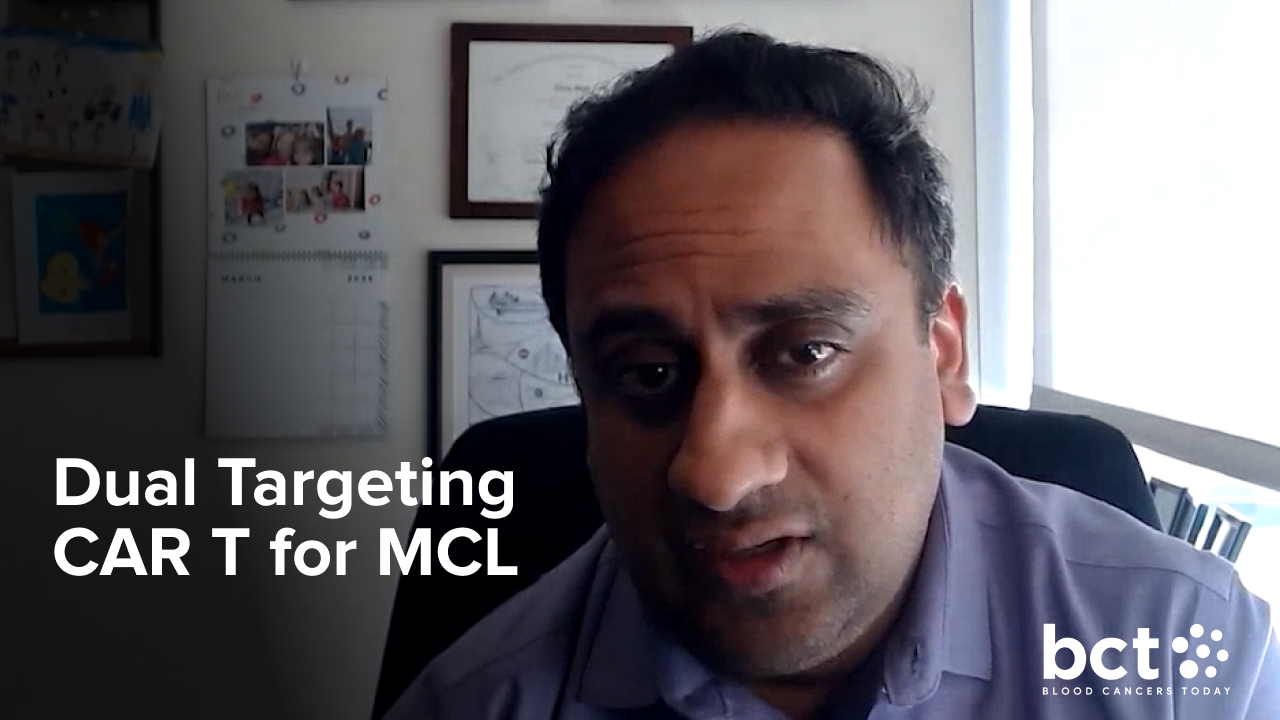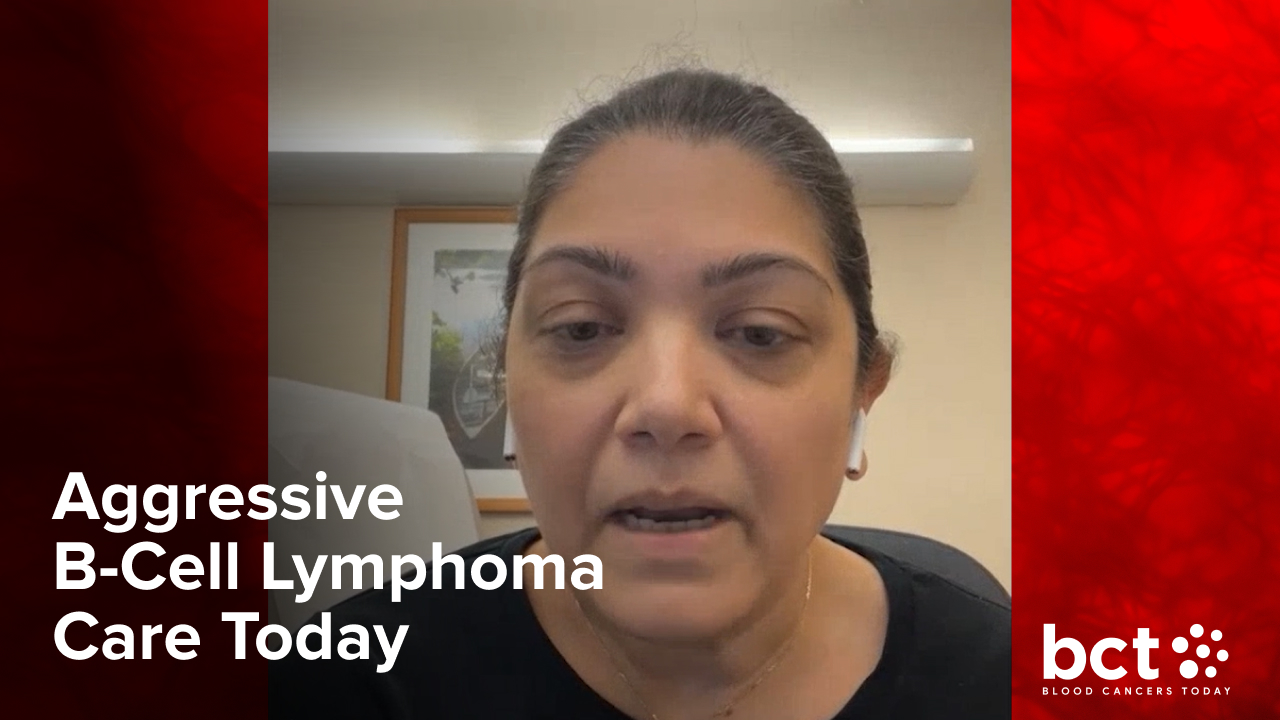
A prospective single-institution study has been performed to obtain insight on long-term cardiovascular health of patients with Fanconi anemia after hematopoietic stem cell transplant (HSCT). Findings were presented at the 2025 Tandem Transplantation & Cellular Therapy Meetings of the ASTCT and CIBMTR in Honolulu, Hawai’i.
The study was conducted by a team of researchers from the University of Minnesota, Minneapolis. Notable among the team’s findings were that Fanconi anemia carries an increased structural thickening and stiffness of the carotid artery.
“As increased arterial stiffness is associated with structural and functional vascular damage and development of cardiovascular disease and end organ damage, life-long monitoring is required,” commented lead author Meera Srikanthan, MD, and colleagues.
The study cohort included 49 patients with Fanconi anemia who had a median age of 13 years. All patients were matched to healthy control participants and underwent carotid artery ultrasound imaging to assess the artery for functional changes.
Forty-three patients in the cohort had undergone HSCT and had a median time from HSCT to carotid ultrasound examination of six years. Thirty-two of these patients had received total body irradiation (TBI).
On evaluation, the patients with Fanconi anemia were found to have a median carotid intima media thickness value of 0.56 mm as compared with 0.43 mm in the healthy control participants (P<.01). In the Fanconi anemia group, carotid arteries had a median vessel compliance of 0.11 mm2/mm Hg as compared with 0.15 mm2/mm Hg in the healthy control group (P<.01). The Fanconi anemia group also had a median vessel distensibility of 12.1% as compared with 12.8% in the healthy control group (P=.01).
Systolic and diastolic blood pressure measurements were comparable between the two groups. None of the patients with Fanconi anemia had left ventricular hypertrophy on an echocardiogram.
The researchers’ analysis of the Fanconi anemia group revealed neither HSCT nor TBI to be associated with changes in patients’ carotid measurements. They also found no association in these patients between carotid ultrasonography variables and occurrence of growth hormone deficiency, insulin resistance, or fasting lipid levels. However, bivariate analysis revealed that in patients with Fanconi anemia, but not healthy control participants, older patient age was associated with reduced vessel elasticity.
“Considering the potential benefits of statins on arterial stiffness in non-FA [non-Fanconi anemia] populations, future studies will evaluate the effect of statins on the natural history of arterial stiffness in this patient population,” concluded Dr. Srikanthan and colleagues.
Reference
Srikanthan M, Dengel DR, Evanoff NG, et al. Increased cardiovascular risk in Fanconi anemia patients after hematopoietic cell transplantation. Abstract #56. Presented at the Transplantation & Cellular Therapy Meetings of ASTCT and CIBMTR; February 12-15, 2025; Honolulu, Hawai’i.






 © 2025 Mashup Media, LLC, a Formedics Property. All Rights Reserved.
© 2025 Mashup Media, LLC, a Formedics Property. All Rights Reserved.